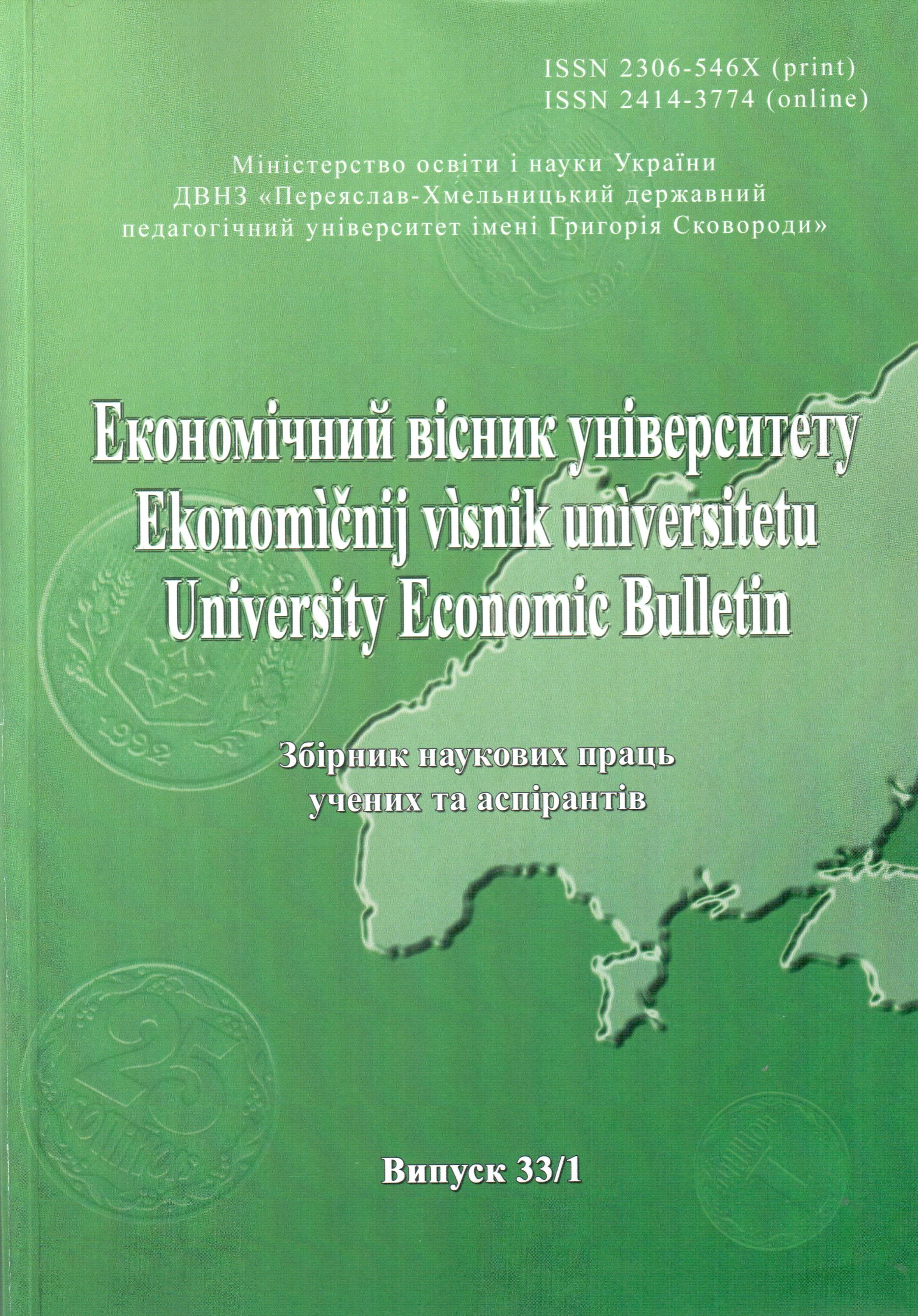Preconditions of non-standard employment in the EU and Ukraine: comparative analysis
Preconditions of non-standard employment in the EU and Ukraine: comparative analysis
Author(s): Michael Schaefer, Oksana GetmanSubject(s): National Economy, Regional Geography, Labor relations, Human Resources in Economy
Published by: Університет Григорія Сковороди в Переяславі
Keywords: non-standard employment; job sharing; employee sharing; part-time employment; telework; outsourcing; outstaffing; staff leasing; voucher-based work; casual work; IT-based mobile work; selfemployment;
Summary/Abstract: Preconditions of non-standard employment in the EU and Ukraine have been discovered in our article. Comparative analysis of non-standard forms of employment in the EU and Ukraine has been done. It was proved that employers in developing countries and developed countries have to reduce the use of standardized employment associated with high costs of taxes and social security, and prefer non-standard workers with temporary contracts, the release of which does not entail significant financial costs. In Ukraine, the most developed is borrowed work in which the worker being hired with one employer transferred at the disposal of the other. In modern conditions within the borrowed work it is worth to distinguish outsourcing, staff leasing and outstaffing. In the EU, employment forms can be differentiated by whether they pertain to employees or to the selfemployed and freelancers; they might also apply to both groups. In relation to new employment relations that differ from the traditional concept of one employer and one employee, two new employment forms are emerging across the EU: employee sharing and job sharing. Last time it is developed such non-standard employment as interim management, casual work, ICT-based mobile work, voucher-based work, portfolio work, crowd employment, collaborative employment. EU-regulation of non-standard forms of employment is justified well. Legal labor regulation in Ukraine is done on differentiation, the effect of which is the development of non-standard employment. Among the various features inherent in such employment, legal allocate some of its features, such as: 1) in theory the basis of nonstandard employment supposes atypical employment; 2) parties agree on such an employment relations to each other working conditions not stipulated by labor legislation; 3) there is no written agreement between the parties entered into non-standard employment, characterized by steady in design and content; 4) employee performs work not at the employer's location; 5) high degree of individualization of legal employment. The main factors of the innovative transformation of employment is a multi-labor competition of employers and legal forms of cooperation; constructive trust between the social partners; deepening division of labor to the old and new technologies; specialization of scientific engineering and technological capabilities with access to relevant global staff certification; optimization of financial mechanisms to attract invention and rationalization; effective support for business innovation; activity of social innovations; national model of public policy innovation transformation of employment; investment appeal of human capital development and its implementation into the new forms of employment.
Journal: Економічний вісник університету
- Issue Year: 1/2017
- Issue No: 33
- Page Range: 200-211
- Page Count: 12
- Language: English

